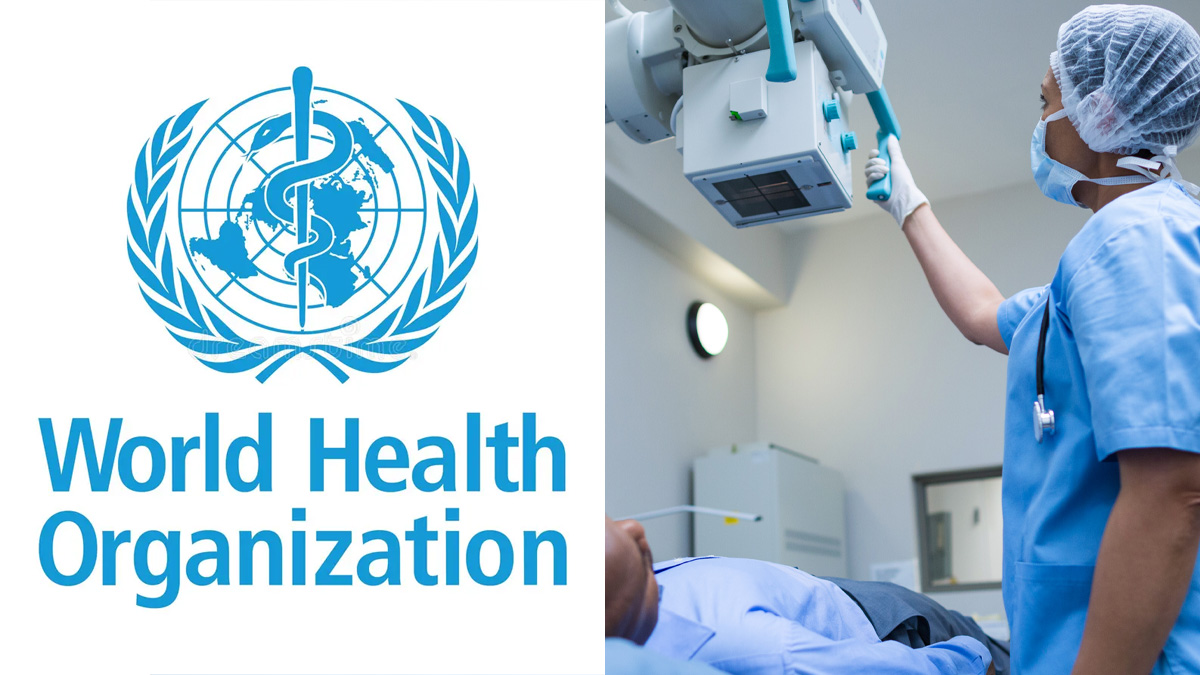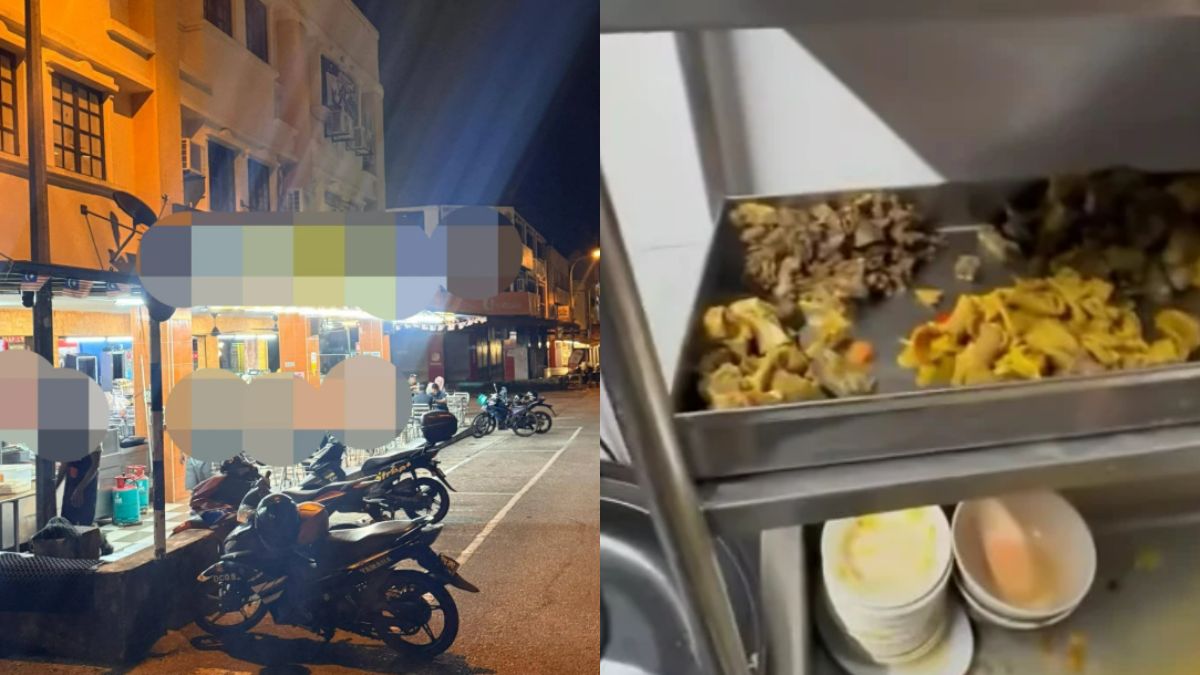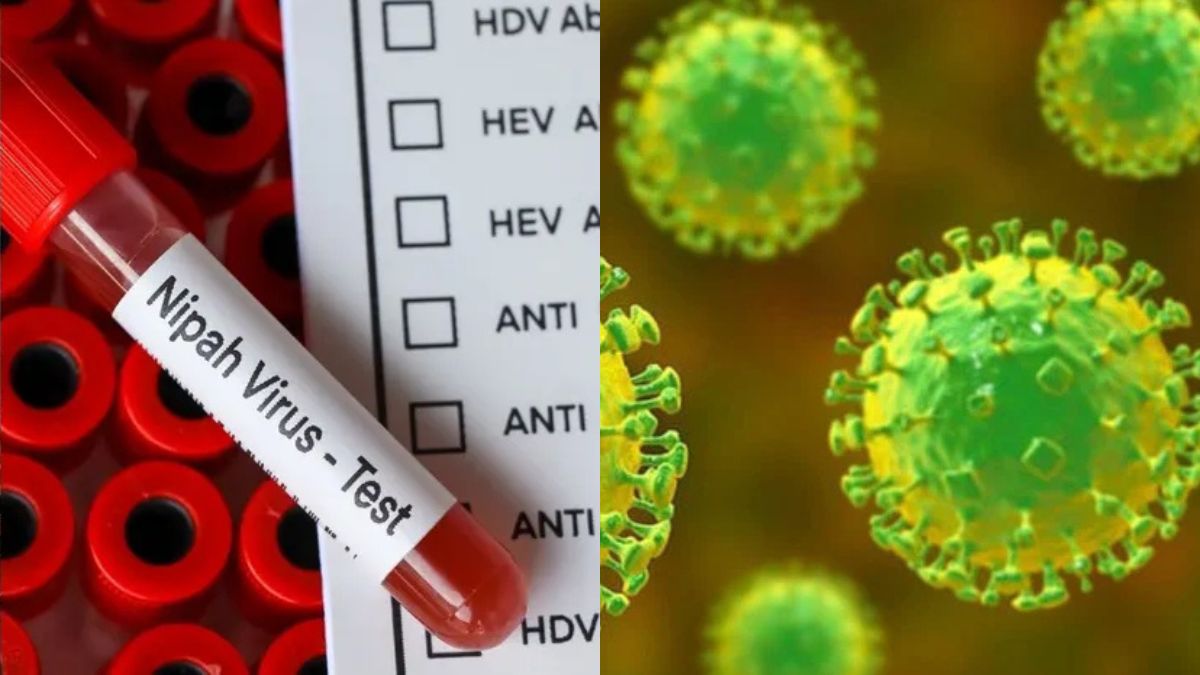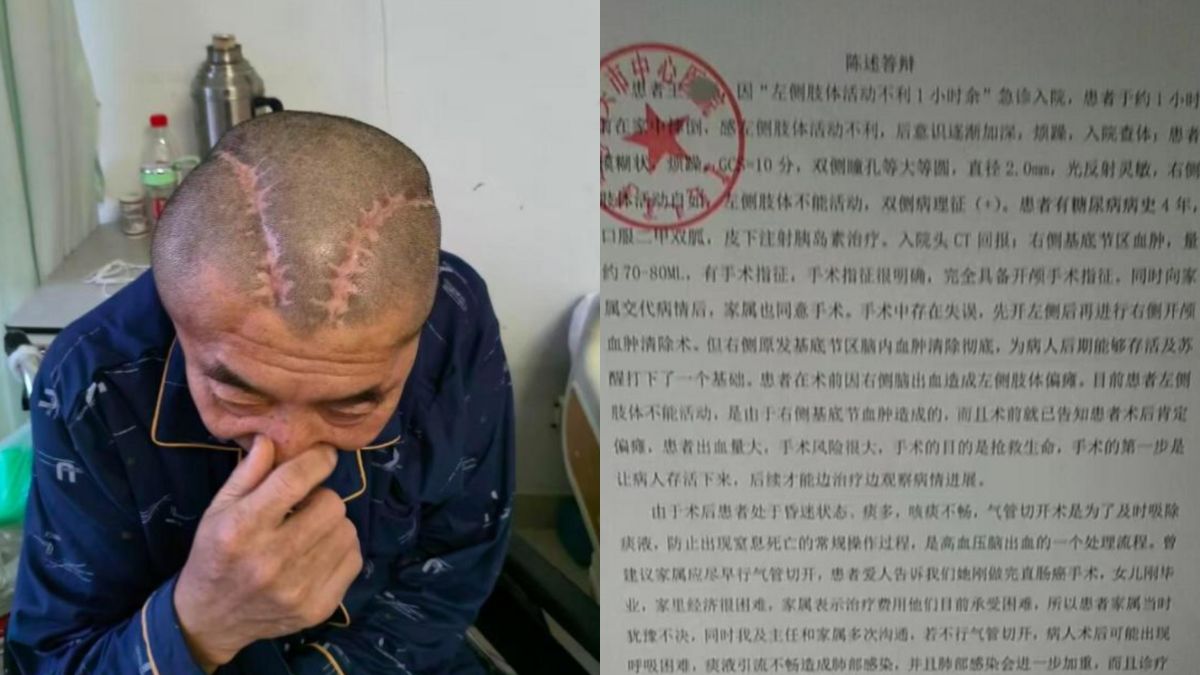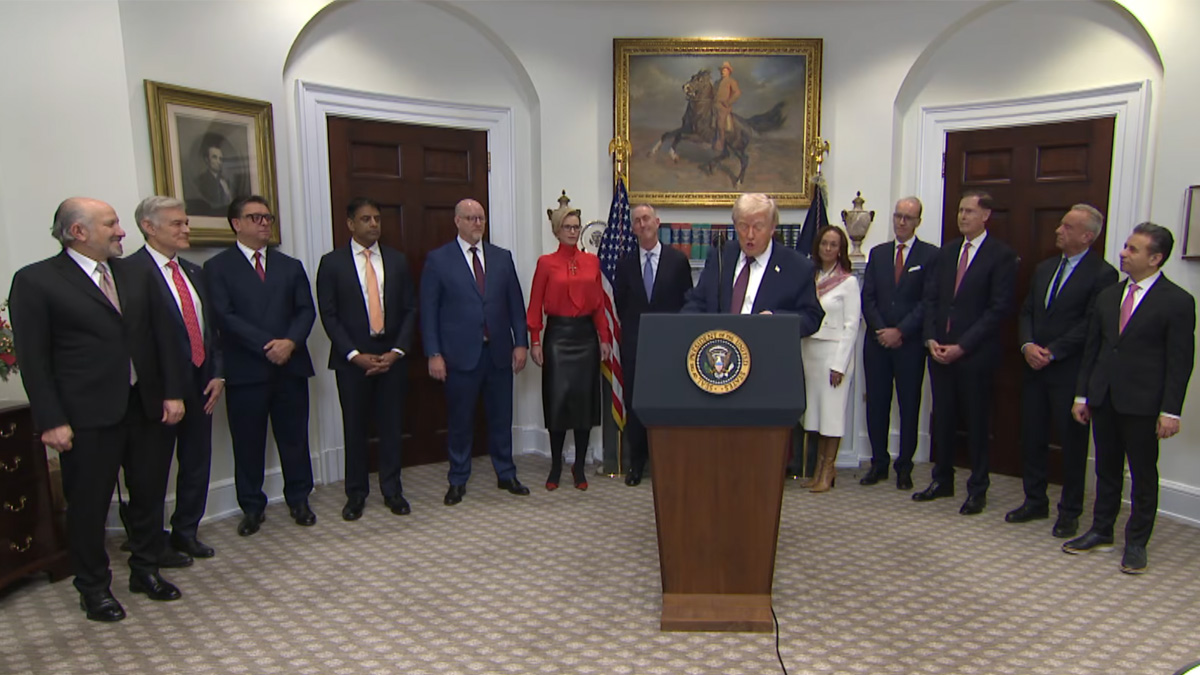Thailand to reclassify cannabis as narcotic, ending 2022 liberalisation policy
Thailand will reclassify marijuana as a Category 5 narcotic, Public Health Minister Somsak Thepsuthin confirmed on 18 June 2025, reversing the cannabis liberalisation policy introduced in 2022. Recreational use will be banned, with cannabis strictly limited to medical purposes under new regulations.

- Public Health Minister Somsak Thepsuthin confirmed cannabis will be reclassified as a Category 5 narcotic, banning recreational use.
- The move reverses Bhumjaithai’s 2022 liberalisation, which saw more than 10,000 cannabis shops emerge without clear oversight.
- New rules will restrict cannabis strictly to medical purposes, with mandatory prescriptions and tighter regulation of outlets.
Thailand’s government has announced a decisive shift in its cannabis policy, confirming plans to reclassify marijuana as a Category 5 narcotic. The decision effectively ends the liberalisation policy introduced in 2022 under the Bhumjaithai Party.
Public Health Minister Somsak Thepsuthin confirmed the move on 18 June 2025, stating that cannabis use would be strictly limited to medical contexts. He criticised Bhumjaithai’s cannabis push, saying it created widespread regulatory problems.
Speaking at Government House, Somsak rejected Bhumjaithai’s Cannabis Control Bill as “a daydream,” saying it would not be passed under the current administration. He argued that the party’s failure to regulate cannabis after decriminalisation left more than 10,000 shops operating without oversight.
Cannabis was removed from the narcotics list in 2022 by then Public Health Minister Anutin Charnvirakul, leader of the Bhumjaithai Party. The move was justified as a means to stimulate medical innovation and economic growth, but critics said it left a legal grey area that expanded recreational access.
Somsak directly blamed Anutin for not issuing the ministerial regulations necessary to safeguard public health and claimed the lax environment had fuelled complaints of abuse. He denied that his current crackdown was politically motivated, despite coinciding with Bhumjaithai’s exit from the ruling coalition.
“This is not political. It’s a chronic problem. The government has received a large number of complaints related to cannabis abuse,” Somsak said.
The government had earlier classified cannabis as a “controlled herb” under the Traditional Thai Medicine Wisdom Protection Act. This allowed shops to continue operating but offered only limited regulatory scope.
On 17 June 2025, Somsak signed a directive requiring buyers of cannabis for medical purposes to present a doctor’s prescription. Certified conditions must also be documented.
The new rules mandate stricter requirements for cannabis shops. Outlets will need to employ on-site doctors, undergo monthly inspections, and comply with a “two-strike” system under which licences are revoked after repeated breaches.
The measures follow public consultations held from 22 May to 10 June. According to Somsak, most feedback supported tighter regulation of cannabis.
The clampdown has reignited tensions with Bhumjaithai. Party representative Supachai Jaisamut accused the government of inconsistency, noting that Pheu Thai MPs had previously supported Bhumjaithai’s 2021 Cannabis Control Bill, which was designed to confine cannabis to medical use.
He argued that the current government had failed to establish proper frameworks after decriminalisation, leading to the regulatory vacuum now being criticised.
The cannabis debate has highlighted political divisions within the government. Prime Minister Paetongtarn Shinawatra, who succeeded Srettha Thavisin, initially attempted to balance medical and economic considerations. However, she later endorsed Somsak’s stricter stance, directing reviews and enforcement action.
A review conducted with her advisory team on 14 May 2025 concluded that cannabis should be reserved strictly for medical use.
No firm timeline has been announced, but reclassification is expected soon. The move would once again place marijuana under Category 5 of Thailand’s Narcotics Code, with penalties for unauthorised possession or distribution.
The decision represents a full rollback of cannabis liberalisation in Thailand, signalling the end of Bhumjaithai’s flagship policy and reasserting a stricter drug-control approach under the Paetongtarn administration.


